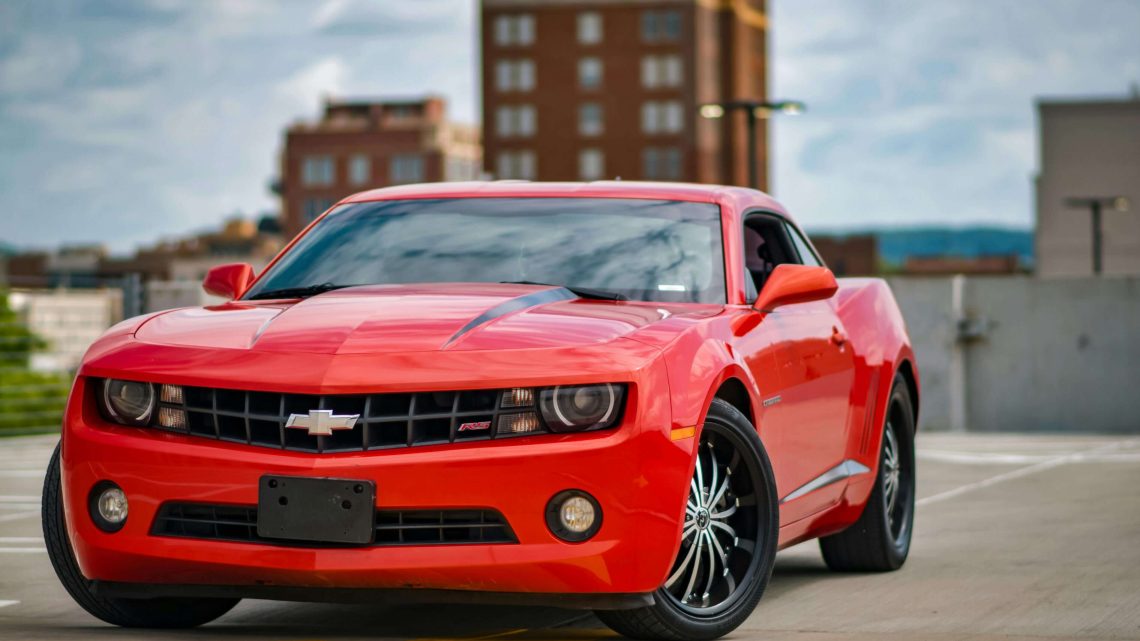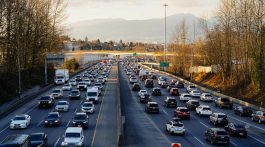Dealing with the aftermath of a car crash can be stressful under any circumstances, but it can be especially nerve-wracking to navigate the complexities of a collision involving a rental vehicle. Determining liability after a car crash involving a Turo driver can be much more challenging than sorting out responsibility for a crash involving personal vehicles. Unlike traditional rental companies that own their fleets, Turo allows vehicle owners to rent out their own personal cars directly to other people.
If a crash occurs, it can be tricky to determine who is responsible and how insurance coverage applies to the situation. After a Turo crash, a car accident attorney in Jackson may be able to help you sort out your legal options and secure compensation for your damages.
Who Is Responsible for a Crash Involving a Turo Vehicle?
In a Turo crash, several parties could potentially bear responsibility. If the person driving the rented vehicle was speeding, distracted, or violating traffic laws at the time of the crash, they may be held liable for the wreck. If the rental vehicle had a known mechanical problem or was not properly maintained, the owner could potentially bear some liability for negligent maintenance. It’s also possible that another driver could be found liable for the crash, if their actions directly resulted in the wreck.
Determining Insurance Coverage After the Crash
Anytime a crash involves a car the driver doesn’t own, it can be challenging to sort out the resulting insurance headache. Turo offers multiple protection plans as add-ons to their rental packages, but these primarily provide protection for the rented vehicle. Essentially, these protection plans limit the amount of out-of-pocket expenses the renter would be expected to pay if they damage the vehicle they are driving. But what happens when a Turo driver is responsible for damages to one or more additional vehicles?
Turo provides liability coverage on all of their rental agreements, but they generally adhere to the lowest coverage limits permissible in the state a vehicle is located in. This coverage may fall woefully short of addressing a crash victim’s medical needs or the cost of repairs to their vehicle. A renter’s personal auto insurance policy may offer additional coverage, but if the renter also has the minimum insurance coverage required by their state it may still be insufficient. As a crash victim, the last thing you want is to be forced to file through your own insurance provider or initiate a lawsuit to recover damages caused by the wreck.
Determining Fault in an Accident Involving a Turo Vehicle
Determining fault in a car accident, whether with rental or personal vehicles, relies on evidence and your state’s legal standards. Key evidence to preserve after a car accident includes a police report, eyewitness testimony, pictures of the crash, and expert crash reconstruction findings. Some states have implemented a comparative negligence fault system. Under comparative negligence, fault is divided among the involved parties based on their degree of responsibility. Other states follow the principle of contributory negligence, where if a person bears any responsibility in causing an accident then they are ineligible to recover damages.
The quality and strength of evidence gathered provides your strongest defense against any claims of liability following a wreck. If the Turo driver exhibited reckless or unsafe driving prior to the crash, they are likely to bear at least some liability for the collision. Evidence of a mechanical failure or maintenance negligence may pin some of the blame on the rental vehicle’s owner, if they should have reasonably known that the car was unsafe to operate.
What to Do If You’re Involved in a Turo Crash
If you are involved in a crash with a Turo rental vehicle, you should immediately prioritize your safety and the well-being of your car’s passengers. As long as it is safe to do so, document the scene of the crash with photos and notes. Call 911 so that officers can respond to the accident scene and file a report. Make sure to take down the name and insurance information of any other drivers involved in the crash, and take down the contact details of any witnesses. Even if you do not feel seriously hurt, you should seek medical care as soon as possible.
To fully protect your rights and interests, especially if you are injured or the other driver’s insurance company isn’t cooperating, consider consulting with an auto accident attorney. They can advise you of your options and help you work towards a satisfactory resolution to your case.



No Comment